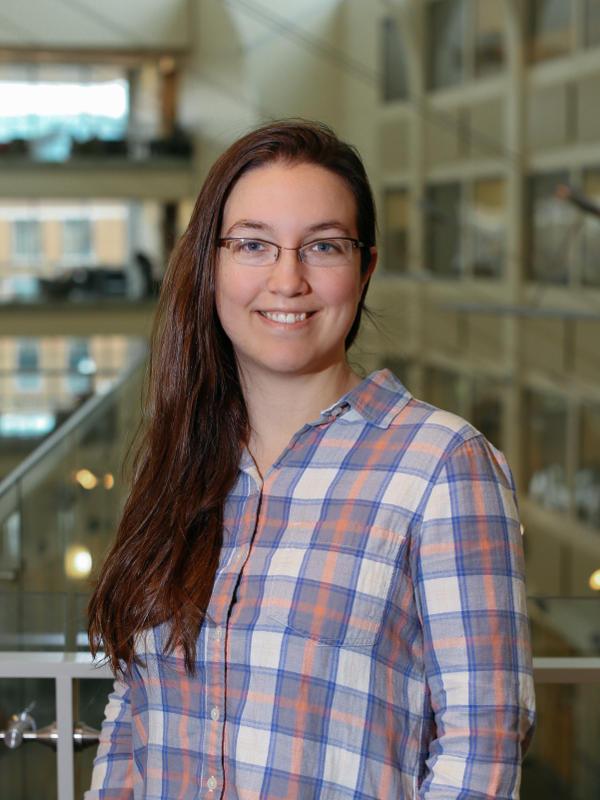
Title and Abstract for Annika's talk:
Testing the nature of dark matter with galaxies
Abstract: The nature of dark matter is unknown. The leading paradigm for dark matter is that it consists of at least one species of non-relativistic ("cold"), weakly interacting particles, the cold dark matter (CDM) paradigm. One of the strongest predictions of CDM is the hierarchy of structure down to Earth-mass scales. However, individual self-bound clumps of dark matter--"halos"--are difficult to detect directly. Instead, we use galaxies, which grow at the centers of halos, as lampposts for these halos. By counting galaxies, we can measure the underlying population of dark matter halos, and test the nature of dark matter. In this talk, I describe two results that seem completely at odds with each other in measuring the population of small halos. I argue that the resolution to the problem is a better mapping between galaxies and halos. I will show what my group is doing so far to address the problem, and what opportunities lie ahead in the wide-field surveys of the 2020's.
Would you like to join this Zoom seminar? Please email Donna Hayes.